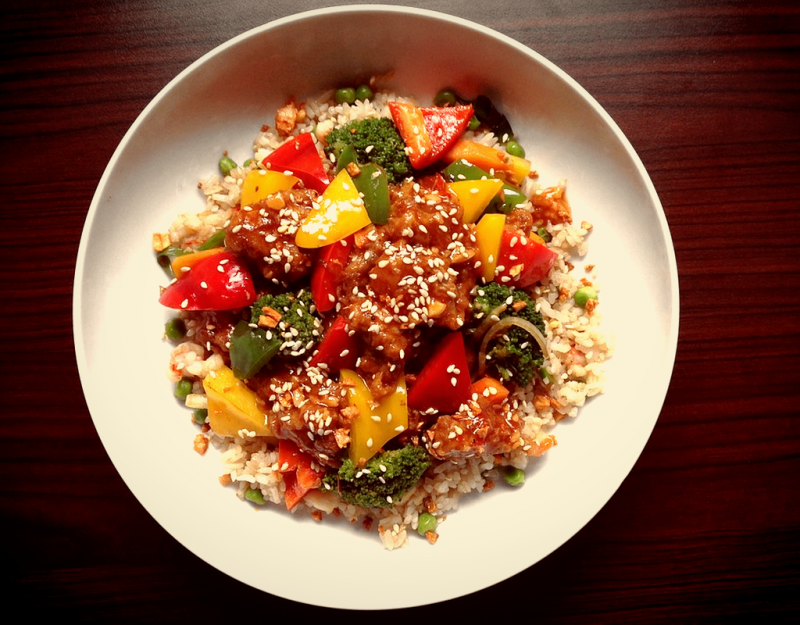During pregnancy, the extra demands on your body can deplete your stores of important vitamins and minerals – making healthy eating habits even more important for you and your developing baby.
Want to ensure your baby’s nutritional needs are being met while also maintaining your own sensible eating plan? Avoid fast food and sweet, sugary treats, instead filling your shopping basket with a wide variety of nutritious foods.
These should include the five food groups:
- Bread, cereals, rice, pasta and noodles (preferably wholegrain or wholemeal)
- Vegetables and legumes
- Fruit and vegetables
- Milk, yoghurt and hard cheese (preferably low-fat)
- Meat, poultry, some fish (link to foods to avoid), cooked eggs and nuts
Even if your pre-pregnancy eating habits were not as healthy as could have been it is not too late to make changes to your diet. Take inspiration from remembering that what goes into your mouth affects your baby’s health and growth. By making small changes to your everyday diet during your first trimester will make it easier to incorporate ongoing changes throughout your pregnancy.
Healthy pregnancy eating tips:
- Have a piece of fresh fruit for a mid-morning or afternoon snack, instead of reaching for chocolate or biscuits.
- By carrying a small bottle of water when you are out ensures you are well hydrated, and not tempted by sugary soft drinks.
- Each week, prepare a couple of meals using beans, lentils and pulses. Incorporating these low-glycemic index foods into your balanced diet will help blood sugar level control. As an alternative to meat, chicken, fish and eggs, these plant-based foods are rich in important carbohydrates and also protein – much needed to build healthy new muscle tissue and body cells. Search our food section for healthy recipes and meal ideas.
- Experimenting with different grains, such as barley, couscous or brown rice, will add healthy variety to your favourite recipes.
- Preparing raw vegetables sticks (cucumber, carrot and celery) and storing in containers in the fridge will ensure you always have healthy, fresh food at your fingertips for a smart snack alternative.
- Choose low-fat dairy products
Remember!
Some foods can put your unborn baby at risk. For more information, see Foods To Avoid During Pregnancy.
This article was written by Claire Halliday for Kidspot NZ, New Zealand’s parenting resource for during your pregnancy.







Leave A Comment
You must be logged in to post a comment.